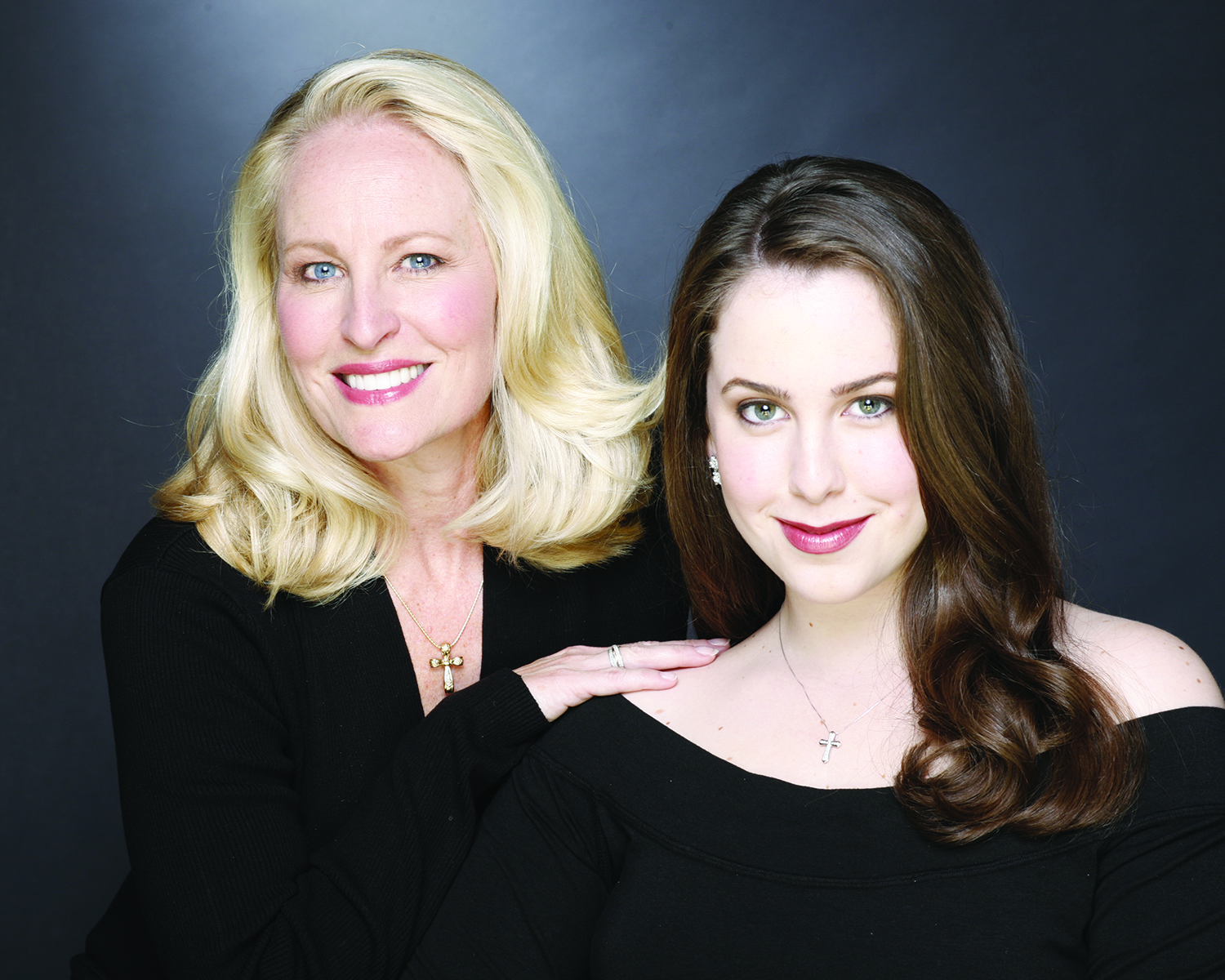Hispanic women molded culture, history
Published 8:40 am Wednesday, October 18, 2023

- Gene Hays, in Oxford, Miss. on Monday, August 14, 2017. (Photo/Bruce Newman)
By Gene Hays
Msgt., USMC (Ret.)
Hispanic women have long been a part of molding culture and history with their music, art, humanitarian efforts, activism, political involvement, and so much more.
From young Latinas who have turned their hardship and struggles into action to beloved performers who have produced some of the most well-known songs that remain popular year after year, there isn’t a corner of modern civilization that pioneering Latin women haven’t touched.
Trending
In honor of Hispanic Heritage Month, which runs from Sept. 15 to Oct. 15, here are some Hispanic women who have defined or redefined social, cultural, and gender stereotypes.
Sonia Sotomayor won a scholarship to Princeton University and graduated summa cum laude in 1976. Under Bill Clinton’s administration, Sotomayor made her way to the U.S. Court of Appeals for the Second Circuit in 1997, and in 2009, Sotomayor became the first Latina to become a U.S. Supreme Court justice.
Despite her lower-middle-class background and her fifth-grade education, former nightclub dancer Isabel Perón became Latin America’s first female president. Now 92, she led her native Argentina for almost two years in the mid-1970s.
Ellen Ochoa became the first Latina woman to fly into space, which occurred aboard the shuttle Discovery. Ochoa, now 65, completed a total of four space missions during her career at NASA and made history once again when she became the first Latina director of the agency’s Johnson Space Center in 2013.
Gloria Estefan is a singer and actor who was born in Havana, Cuba, in the late 1950s. As a child, Estefan and her family fled the country to escape dictator Fidel Castro’s rule. Her work earned her entry into the Songwriters Hall of Fame in June 2023. She is the first Hispanic woman to be inducted.
Despite being born into poverty and facing discrimination for her African heritage, Afro-Dominican Evangelina Rodriguez became the first woman from the Dominican Republic to earn her medical degree from the University of the Dominican Republic in 1909.
Trending
Chilean poet, diplomat, and educator Gabriela Mistral was the first Latin American female poet to receive the Nobel Prize in Literature. Mistral died twelve years later at age 68.
Isabel Allende was the first woman to be awarded the Gabriela Mistral Order of Merit. Born in Peru in 1942, Allende gained international recognition for her magical realism in novels such as The House of Spirits and City of Beasts.
Ros-Lehtinen was elected to the Florida House of Representatives, becoming the first Latina to hold public office there. She became the first Latina to serve in the state senate and, in 1989, the first Latina and first Cuban American to serve in the U.S. Congress as a member of the House of Representatives.
Dolores Huerta, 93, is a labor leader and activist who helped create the United Farm Workers of America (UFW) in 1962. For all her organizing efforts and activism, Barack Obama awarded Huerta a Presidential Medal of Freedom in 2012.
Born in 1954, Los Angeles native María Elena Salinas is distinguished for being the longest-running female TV news anchor in the United States and the first Latina to earn a Lifetime Achievement Emmy.
Rigoberta Menchú is a 64-year-old Guatemalan human rights activist and winner of the 1992 Nobel Peace Prize for her work as an indigenous rights and social justice activist. In 1982, she helped create the United Representation of the Guatemalan Opposition.





